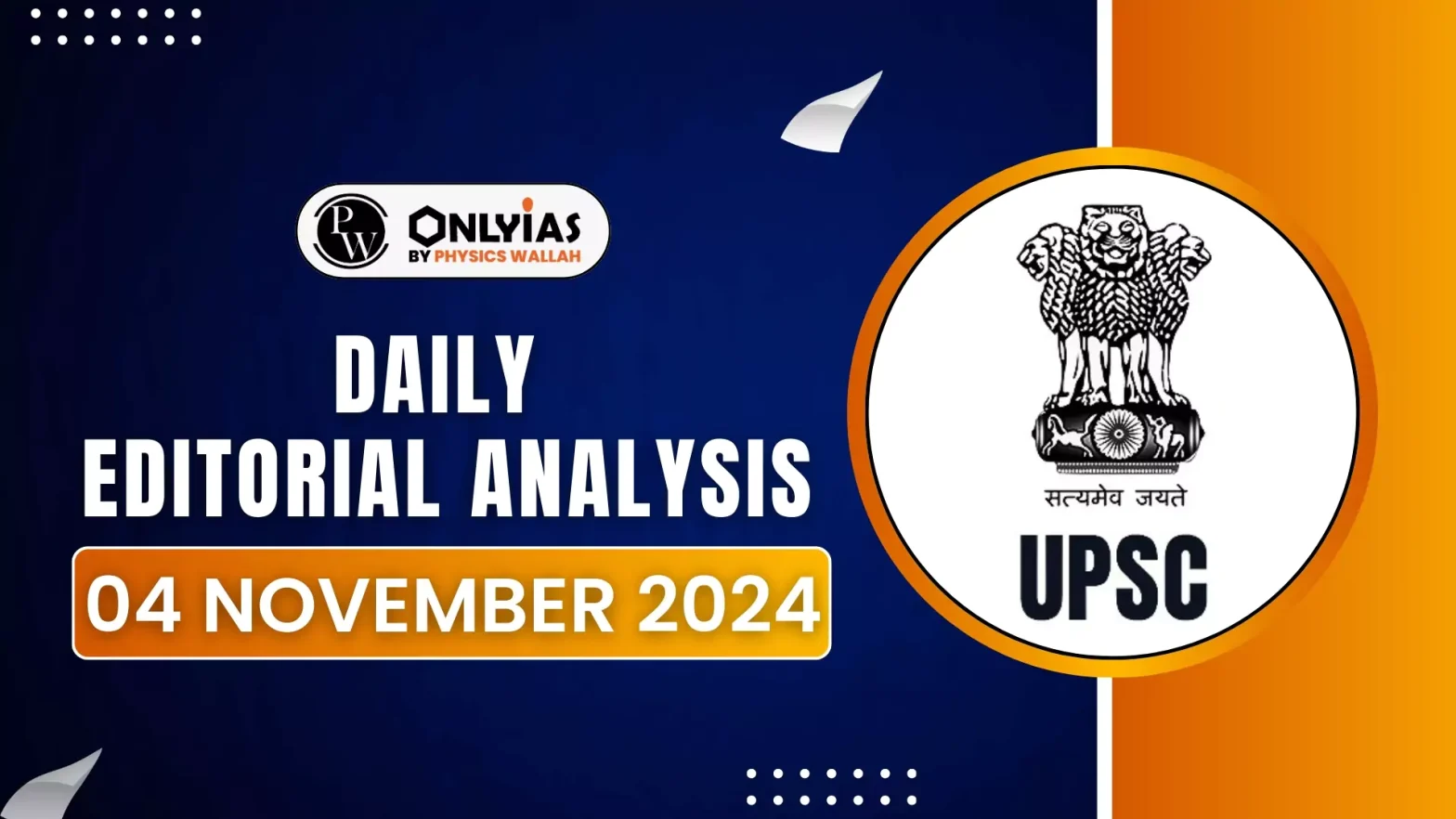The ruling party’s wins in Haryana and western U.P. despite the farmers’ protests, highlights a shift in India’s complex agricultural system, where economic power is now shared among diverse stakeholders beyond traditional farmers.
Reasons for Opposition’s Loss
- Limited Outreach:
- Agriculture in regions like Haryana and western U.P. has become a complex network shaped by technology and a diversified agro-food value chain.
- Besides farmers, the influence of traders, logistics suppliers, transporters, processors, and retailers has grown significantly.
- The opposition’s limited focus on farmers alone missed the mark, alienating other key stakeholders who now play a critical role in the economy.
- Over-Reliance on Farmers’ Protests:
- The opposition heavily banked on the farmers’ protests, misjudging the electorate’s broader concerns.
- While many voters sympathised with the protests, they prioritised issues like local governance and development, which were downplayed by the opposition’s narrow focus.
- Caste-Centric Strategy:
- Focusing primarily on the Jat community, the opposition failed to resonate with other influential groups, such as the Baniya community of traders and processors.
- This allowed the ruling party to frame the election as ‘Jat vs. other castes,’ deepening divisions between farmers and non-farmers.
Enroll now for UPSC Online Course
Conclusion
As India navigates the complexities of its agricultural system, political parties must adapt to the changing realities and engage meaningfully with a diverse array of stakeholders. By doing so, they can foster a more inclusive and sustainable agricultural policy framework that benefits all parties involved, ultimately leading to a more stable socio-political environment.
![]() 4 Nov 2024
4 Nov 2024
